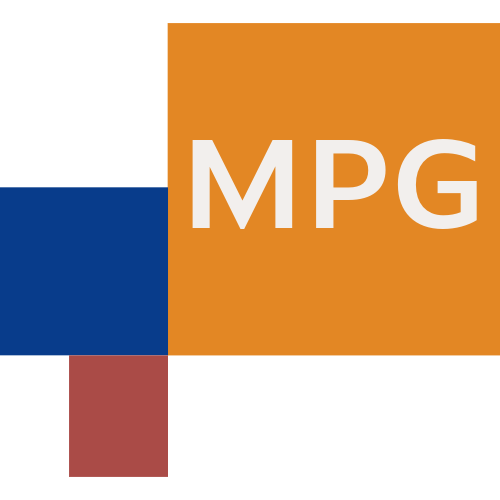menu
menu
Menu
cancel
- arrow_back_iosBacknavigate_nextpersonPersonal
- groupCommunities
- articleBlogs
- eventEvents
- sourceTemplates
- question_answerQuestions
- schoolLearning
- business_centerBusiness
- live_helpFAQ
**What are the key components of an effective anti-corruption policy within a public sector organization, and how can these components be implemented to ensure transparency and accountability?
2. **How can governments and international organizations measure the impact and success of anti-corruption policies, and what metrics or indicators should be used to evaluate their effectiveness?
3. **In what ways can technology, such as blockchain or artificial intelligence, be integrated into anti-corruption strategies to enhance monitoring and enforcement mechanisms while safeguarding p...
These questions aim to spark discussions on the development, evaluation, and technological integration of anti-corruption efforts.?
**What are the key benefits of implementing real-time monitoring in industrial processes?
- This question explores how real-time monitoring can enhance operations through improvements in efficiency, safety, and decision-making. 2. **What technologies are typically used to implement ...
- This question delves into the technical aspects of real-time monitoring, including the sensors, software, and network requirements needed for effective integration. 3. **How does real-time mo...
- This question addresses the data aspect, focusing on how companies can manage, process, and derive insights from the continuous streams of data that real-time monitoring provides, while also t...
How can businesses effectively integrate social impact strategies into their core operations to benefit both the community and their bottom line?
In what ways can technology and innovation be leveraged to address pressing social issues, such as poverty, inequality, and climate change?
